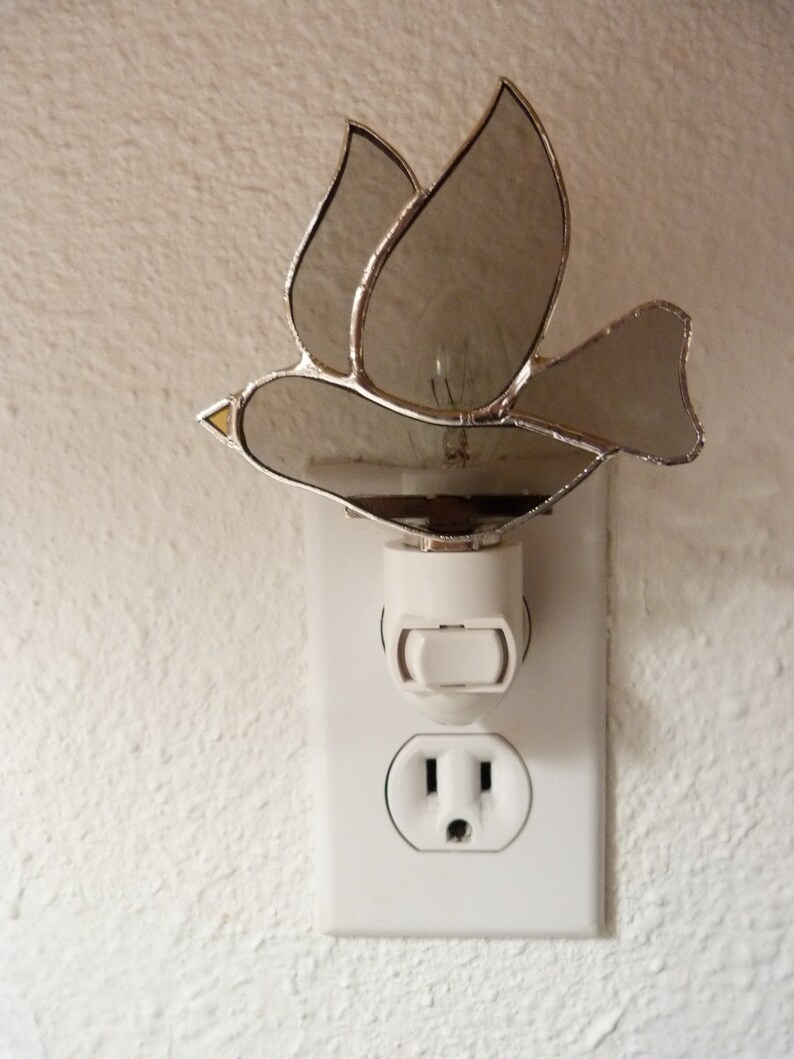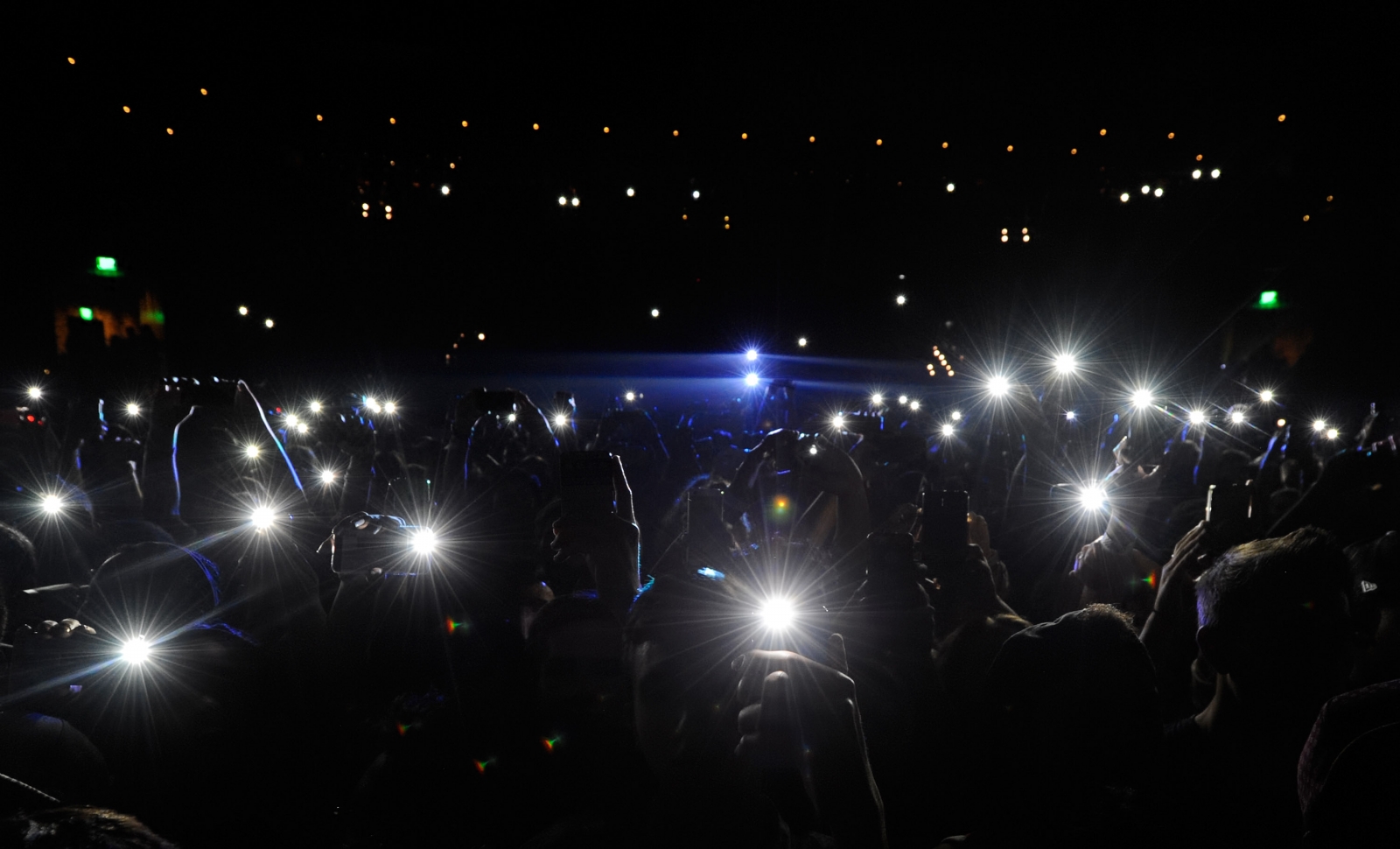

During migration seasons, draw blinds or curtains to reduce light spill that contributes to sky glow. Select warm LED bulbs that are under a 3,000 Kelvin rating. Take the Pledge to go Lights Out today! Make sure your exterior light fixtures are well-shielded and not overly bright. We can all contribute to the solution by evaluating the way we use light. Light Pollution is the accumulation of many sources of poorly designed or excessive lighting. Take the Pledge to Go Lights Out or contact Mary Coolidge. Buildings can also extinguish interior lighting on upper floors, move maintenance and cleaning activities to daytime hours, turn off upward-directed sign lighting and make sure that outdoor lights are properly shielded. Top priority is turning off exterior, ornamental and rooftop architectural lighting. Increased risk factors for diabetes, cardiovascular disease, impaired sleep, and higher risk of transmissible disease exposure may be most impactful to communities that are already at elevated risk of exposure to harmful pollutants, including the elderly, low-income communities and communities of color.īuilding owners and residents can help by voluntarily turning off unnecessary overnight lighting during migration seasons! How Can Building Owners and Managers Help?īuildings can extinguish unnecessary overnight lighting from late August through mid-November (fall) and mid-March through early June (spring).

Research out of the University of South Florida shows that birds exposed to artificial light incubate West Nile Virus for twice as long, potentially increasing the occurrence of West Nile Virus in our cities. Research out of the Stanford Sleep Epidemiology Lab shows that street lighting can delay sleep cycles and reduce the quality of our sleep. Humans need the dark too! The American Medical Association recommends steering clear of blue-rich white LED streetlights to “minimize potential harmful human health and environmental effects.” The 2014 AMA Study suggests that exposure to artificial light at night may increase the risk of cardiovascular disease, depression, sleep disorders, obesity and breast cancer.

Take Action Take Action Post news and reviews.


 0 kommentar(er)
0 kommentar(er)
